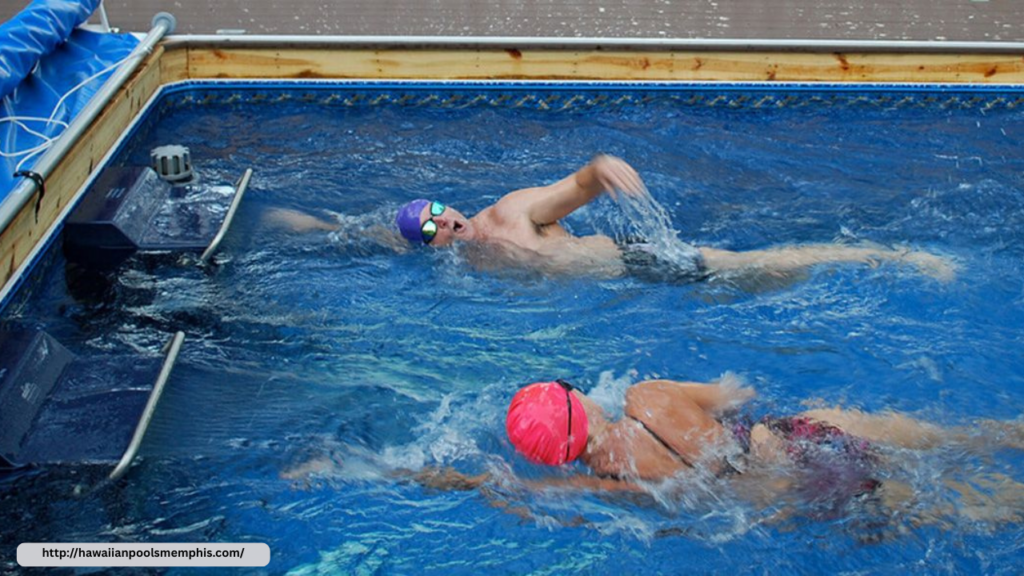 In the world of professional swimming, success is often measured in hundredths of a second. From the outside, it’s a sport that epitomizes discipline, strength, and grace. Behind the lanes, however, lies a darker reality — one filled with emotional exhaustion, mental collapse, and the relentless grind that leads many swimmers to a breaking point.
In the world of professional swimming, success is often measured in hundredths of a second. From the outside, it’s a sport that epitomizes discipline, strength, and grace. Behind the lanes, however, lies a darker reality — one filled with emotional exhaustion, mental collapse, and the relentless grind that leads many swimmers to a breaking point.
Burnout in professional swimming is not a new phenomenon, but it’s one that has only recently begun to receive the attention it deserves. Defined as a state of chronic physical and emotional fatigue, often accompanied by a loss of motivation and performance decline, burnout is disturbingly common among elite swimmers. The very qualities that make athletes successful — high drive, competitiveness, and perfectionism — can also set them up for mental and emotional collapse.
The pathway to burnout often begins early. Many elite swimmers start intense training before they reach adolescence. By the time they’re teenagers, they’re already waking before dawn, logging thousands of meters in the pool, traveling for competitions, and sacrificing the social experiences that define a normal youth. The cumulative toll of such a regimented life, combined with constant pressure to perform, lays the foundation for long-term stress and exhaustion.
The sport’s unique environment only amplifies this stress. Swimming is highly individual, and swimmers often spend hours in isolation, repeating the same physical motions while their minds wrestle with self-criticism and doubt. Add to that the pressure of qualifying times, sponsorships, media expectations, and the looming shadow of the Olympic Games — and the mental load becomes overwhelming.
Many swimmers report feelings of detachment, emotional numbness, and a lack of joy in a sport they once loved. Some continue pushing through these feelings, afraid to speak up or step away. In a culture that often equates toughness with silence, asking for help is still viewed by many as a sign of weakness.
High-profile athletes are beginning to change that narrative. Swimmers like Caeleb Dressel and Ian Thorpe have spoken openly about stepping away from the sport due to mental health challenges. Their honesty has shed light on the silent struggles of countless others and emphasized that burnout is not a personal failure, but a signal that the system needs change.
The good news is that conversations around athlete mental health are growing. Coaches are being trained to recognize signs of burnout, sports psychologists are becoming part of elite swim programs, and athletes are encouraged to balance performance goals with well-being. Still, progress is slow, and the pressure to produce results remains a powerful force.
Burnout doesn’t mean an athlete is weak — it means they’re human. The dark lane that swimmers face isn’t marked by laps or finishes, but by unseen struggles beneath the surface. Addressing burnout requires more than recovery days or motivational speeches. It demands a cultural shift where rest, mental health, and holistic support are seen as essential to an athlete’s success — not an afterthought.
To truly support swimmers, we must recognize that even the strongest bodies can break under invisible burdens — and no gold medal is worth a broken spirit.

